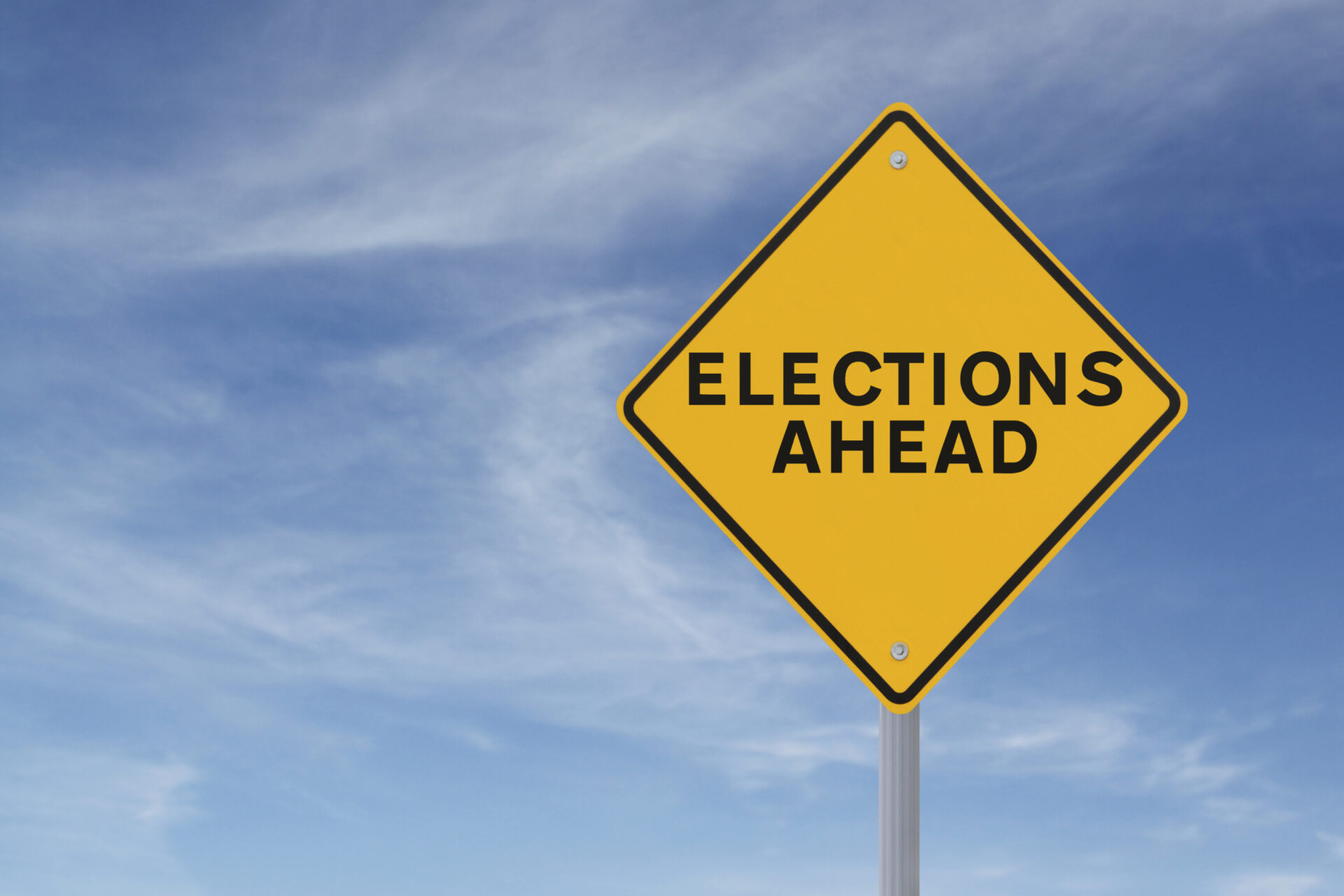The blockchain technology is a powerful new option that all people can use today, but nobody has really explained it well to us. If we look closely enough, blockchain is merely an alternative type of database that serves as an instrument. It is not particularly noteworthy, yet the opportunities it presents are extraordinary. Whether it’s cryptocurrencies, voting, digital identification, or banking, to name a few of the most well-known blockchain-related topics, it all boils down to individuals having an alternate option. We need blockchain because it has the full potential to return power back to people and to reestablish trust in organizations, infrastructures, and institutions that are now out-of-date, prohibitively expensive, and vulnerable to manipulation by outside parties.
In this post we’ll look at some of the main advancements that blockchain technology can provide to people all over the world, other from cryptocurrencies. If the reader is curious to know about the technology itself, our favourite material online, making an in-depth well-visualised examination of the concept of blockchain will be Maryanne Murray’s A Reuters Visual Guide: Blockchain Explained.
POLLING & VOTING
“He’s not the first dictator to rise through the ballot box…alas,” is the chilling comment in Twitter of political analyst Marwan Bishara on the current situation in Tunisia. The corruption of national election immediately decreases the electoral participation in times when participation is of crucial importance for the future of a country. “The fact that a country or state holds public elections is not a guarantee that the elections are free or fair. Election scandals both large and small are quite common in most countries, from accusations of ballot box stuffing or improper counting procedures to unreasonable voting requirements. Authoritarian regimes have access to more sinister tactics, such as outlawing all other political parties or candidates, and fully controlling every aspect of the voting process. Even in elections that are otherwise fair, the gerrymandering of voting districts can give one party an unnatural advantage and deliver a result contrary to the desires of the people as a whole,” writes World Population Review. We would want to add that in today’s political game, some sinister tactics have been unleashed even in democratic governments.
The issue that voters from all around the world confront when choosing the next political leader is that they have lost trust in everything: from news to election polls and surveys, to voting results, institutions and authorities. Because now it is easier than ever to witness the rise of political powers against the will of the majority of the population, but that majority doesn’t turnout to vote.
Blockchain can change this. It has the real power to deliver justice to the world simply because it is nearly impossible to alter or erase its records. When records are made in the blockchain database, they are shared across a network of computers, and all copies in the database are constantly checked by the network. So there is no maker, no authority behind it, no power controlling it, it runs on the power of mathematics. As time passes and more people realize this, the future gets closer. There are already several blockchain-based mobile polling and voting platforms. Their purpose is to introduce a new era where accurate surveys, metrics and electoral predictions go with security, irrefutability and transparency, and this must become the new model.
BANKING
Blockchain is changing the banking industry, as well. While the banking sector has been largely hesitant to adopt blockchain technology, there are a number of clear benefits that it could offer for international payments. Perhaps most importantly, blockchain could help to reduce the costs and time associated with cross-border payments. Millions of immigrants working abroad to support their families back home have to go through the traditional banking system and lose some of their hard-earned money in order to send it home.
In an interview for the documentary series “Built on Blockchain” Asheesh Birla, founding team of Ripple, makes a clear statement about the current condition of banking: “We want to create an open financial system for the world that truly starts with giving people full access to financial services. Most of the infrastructure that was built to move money today was built in the 1960s. Very few companies even needed to move money. We’re talking about General Motors for example moving billions of dollars. Today you have all sorts of companies that have just been founded, for example, you know, Airbnb and Uber founded just a few years ago, but now our global companies need of those kinds of payments are a lot different than the ones built in 1960. Money movement is really controlled by three major banks. It’s an oligopoly. They dictate the service around the world but what’s great about blockchain technology is that anyone can connect into it and start moving money and that’s important”
Currently, international payments often involve multiple banks and intermediaries, each of which takes a fee for processing the transaction. This can make international payments slow and expensive. Blockchain could potentially streamline the process by eliminating the need for intermediaries.
In addition, blockchain could help to improve transparency and security in international payments. Because blockchain transactions are immutable and transparent, they could help to prevent fraud and reduce the risk of errors.
Finally, blockchain technology has the potential to enable real-time payments across borders. This would be a major improvement over the current system, which can often take days or even weeks for international payments to clear.
DIGITAL IDENTITY
Massive immigration waves due to climate change, poverty and wars have revealed the inflexibility of traditional identification processes. Millions of immigrants are left without legal papers, they are nobody to the system and are completely helpless to start a new life in a new country.
In the past, our identity was physical. It was something that we carried with us in the form of paper documents. But as we move into the digital age, our identity is becoming more and more digital. And blockchain technology is playing a big role in transforming our identity system. This means that blockchain-based identity systems have the potential to be much more secure than traditional systems. They could also be more efficient, since there would be no need for central authorities to issue and manage IDs. In a world where our identities are constantly being shared online, it’s important to have a secure and efficient way to manage them. Blockchain technology can help transform our identity system by providing a decentralized and tamper-proof way to store and manage data.
There are already a number of startups working on blockchain-based identity solutions. Some of these solution providers include Civic, uPort, andSovrin. And it’s likely that we’ll see more companies enter this space in the coming years.
First, blockchain systems are more secure. Because each transaction is recorded and verified on the blockchain, it is much harder for fraudulent activity to go undetected. This means that your identity is less likely to be stolen or compromised.
Second, blockchain systems are more efficient. Traditional paper-based identity management systems can be clumsy, often requiring manual processes and a lot of paperwork. Blockchain systems can automate these processes, making them faster and easier.
Third, blockchain systems are more transparent. With traditional paper-based systems, it can be difficult to track down where information is stored and who has access to it. Blockchain systems provide a clear and transparent record of all transactions, making it easy to see who has accessed your information and when.
Fourth, blockchain systems are more reliable. Because they rely on decentralized networks of computers rather than a central authority, they are not subject to the same risks of failure as traditional centralized systems. If one part of the network goes down, the rest can continue to operate without interruption.
FINAL WORDS
These are just a few of the numerous ways in which an open, transparent, and secure database can improve our lives. Of course, the lack of a centralized control of a network evokes the question who is let in who is not. Bitcoin network is open to anyone and is anonymous. In order to join it, one needs permission which can be obtained after the associated computers of the new member have passed specific tests like proof of work and proof of stake.
All this comes to announce a new era that has already arrived in a way. Our job now is to get more familiar and implement this new power in the most efficient way in our daily lives.





